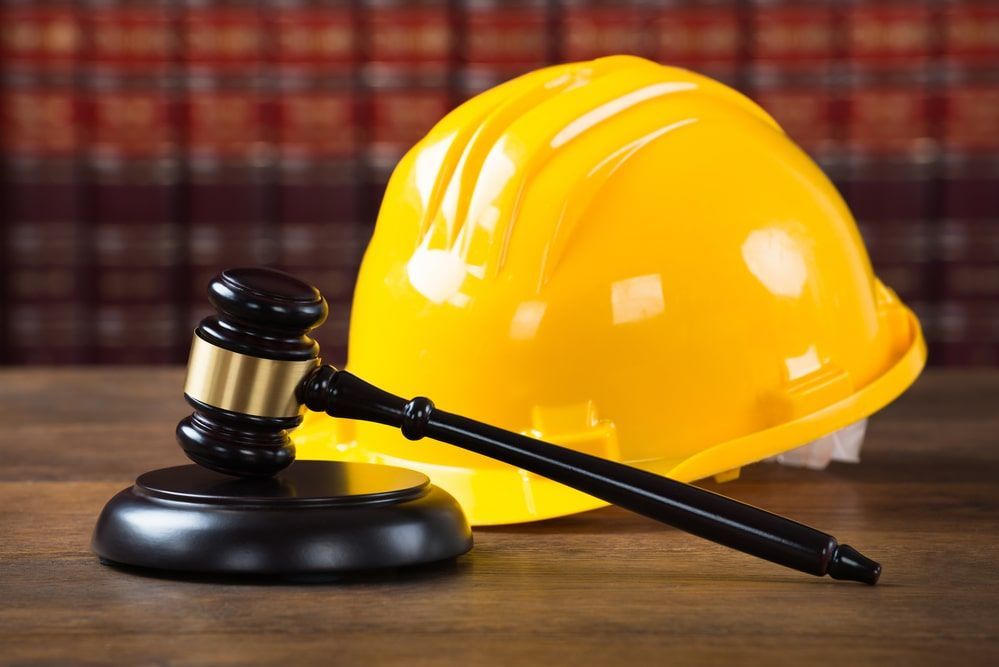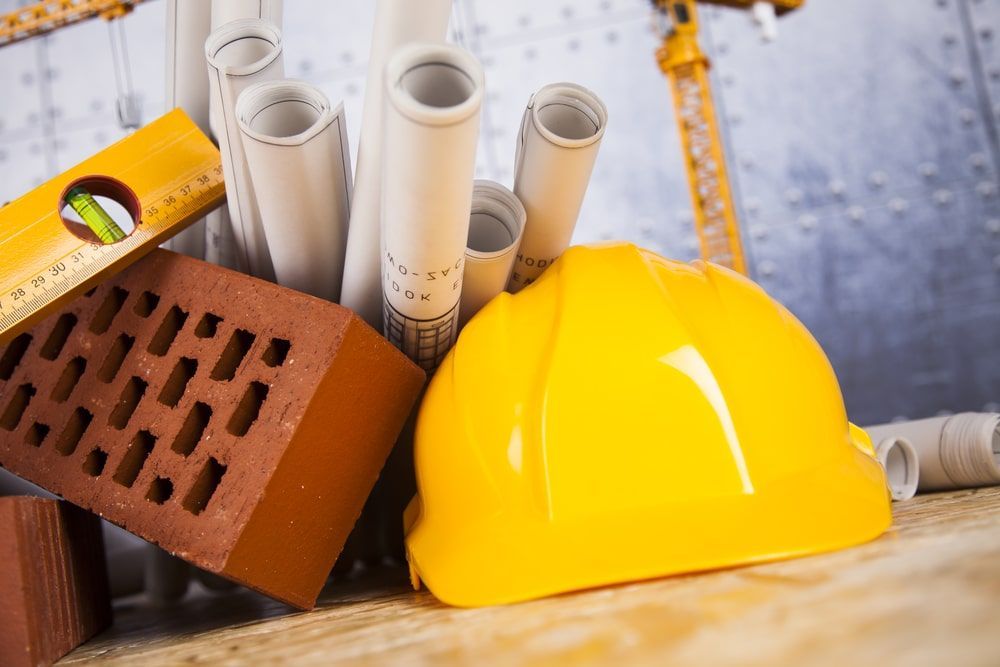How to Avoid Common Problems with Construction Contracts

When Florida construction companies are looking for work, either as a general contractor or subcontractor, it is important to fully understand the contract before work begins. Usually, when a project is on the table, the focus is the job itself and making sure the client is happy. There are a few points to be aware of, however, that can save you headaches down the road.
Whether you feel you are in a solid bargaining position or not, failing to truly understand and appreciate the contract terms can mean the difference between a profitable venture and a messy dispute.
It is always wise to have a construction lawyer read over the contract and possibly negotiate any troublesome terms that expose you to liability. Some of these clauses pop up time and time again when dealing with construction contracts. They are commonly found in standard contracts and depending upon the source ( AIA , AGC , ConsenusDocs , etc.) some of these standard contracts may not be fairly balanced.
There are five common pitfalls that you should be aware of. The goal is to avoid them altogether, but if you can’t, you can help mitigate the consequences by negotiating the terms to create a fair and balanced agreement.
Obtain All the Contract Documents
Often the actual contract you sign is not the only document involved in the agreement. Obtain not only the primary contract, but also any addenda, project specifications, or other incorporated documents so you are very clear on the scope of the project and what is expected of you.
Be aware that sometimes the contract not only binds the owner and general contractor but can contain provisions that apply to subcontractors even though they never signed it. This is by virtue of a “flow down” provision.
Minimize Indemnification Exposure
It’s important to fully understand the indemnity clause. Remember that to indemnify means to be responsible for any judgments against the indemnitee. To “hold harmless” means that you will waive any claim you have against a party. Depending on your position, you may not have the ability to negotiate these clauses, but it is important to be fully aware of what you are agreeing to.
Waiving Lien and Bond Rights
If everything goes wrong with the project, a lien or bond may be your only way to get paid. It is important not to waive this right.
Warranty Period
It is preferable that the date of the warranty period begins when your work is completed, as opposed to when the entire project is complete. If your warranty begins when the project is complete, it could greatly extend your warranty period.
Put Everything in Writing
This is not new advice, but it is always important, particularly with change orders. Not having a requested change documented, could open you up to trouble if something goes wrong.
Contact a Construction Lawyer With Problems With Construction Contract
Contracts are essential for any construction project, but they can also be tricky to navigate. There’s a lot of legalese and jargon that you may not understand at first glance – one small mistake could lead to major consequences down the road. A Florida Construction Lawyer at Bennett Legal Group can help ensure your contracts cover all bases so there aren’t any surprises when it comes time to settle up on both sides. They’ll save you from headaches in court by making sure your contract is airtight before work begins! If you’re looking for some more tips on how to avoid lawsuits.
The post How to Avoid Common Problems with Construction Contracts appeared first on Bennett Legal Group, P.A..










Our Office
850 Concourse Parkway South, Suite 100
Maitland, Florida 32751
Contact Us
We will get back to you as soon as possible.
Please try again later.







